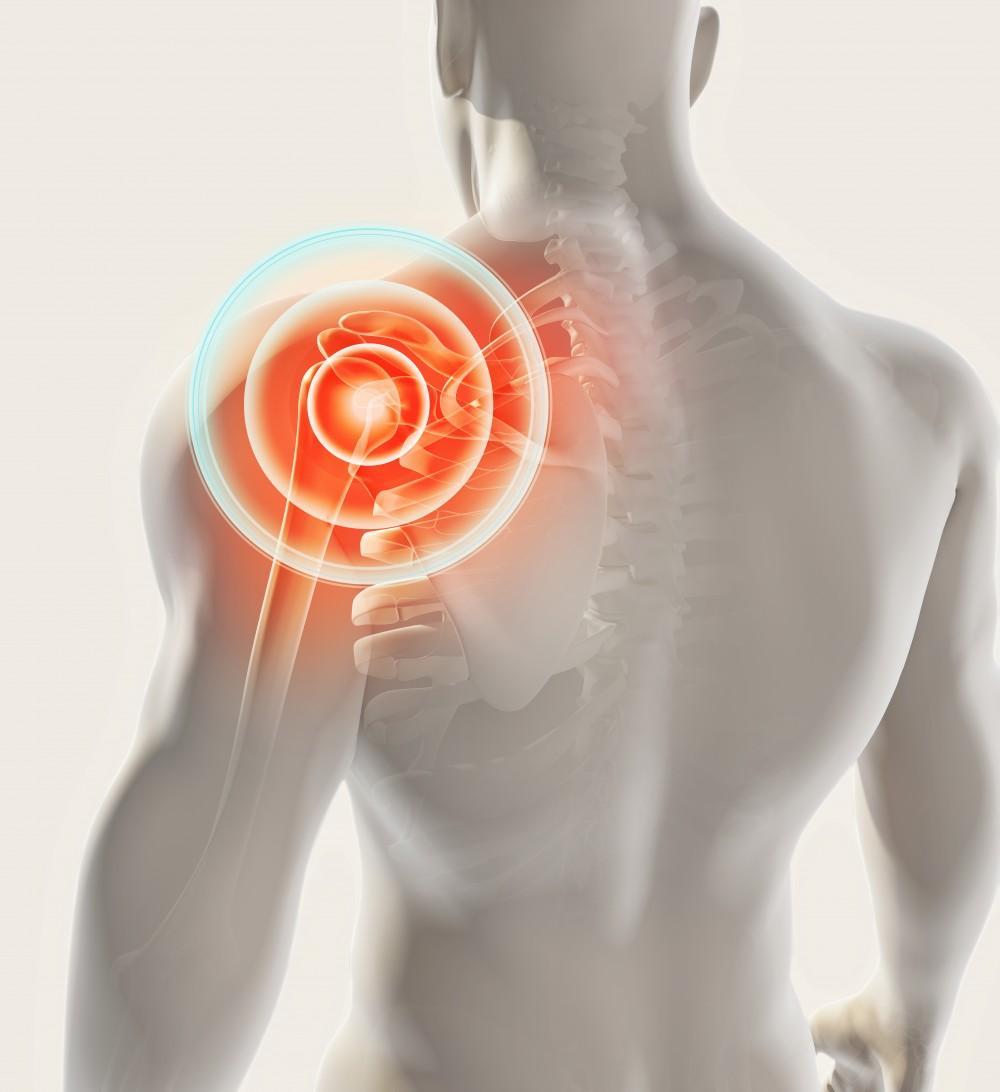
How To Tell If You Have A Torn Rotator Cuff

Bay Area Sports Medicine Clinic Describes Shoulder Injury
Sometimes you don’t know how important something is until it stops working. Athletes know this very well, especially when their sports medicine doctor keeps them off the field to heal a small yet important body part. This is the case for the rotator cuff. Largely responsible for arm lifts and shoulder rotations, the rotator cuff also helps to stabilize the ball of the shoulder within the joint.
If you end up seriously injuring your rotator cuff, a shoulder injury specialist will likely become the most important person to you in the immediate future. But even if you haven’t experienced a huge injury, a small tear can be very uncomfortable and lead to bigger medical issues if unchecked. So how do you know if you’ve torn your rotator cuff? The symptoms are similar and shouldn’t be overlooked.
A fall, overuse, and the natural process of wear and tear can bring degeneration to the tendon. A major cause of torn cuffs for mature adults are impingements of the scapula, acromion, and tendon. If a rotator cuff is torn, there is usually pain in the front of the shoulder that reaches all the way towards the arm. It may only activate with certain motions like reaching your hands overhead, or when you are trying to sleep on the injured side. If you already have a tear and then injury occurs, you could feel a snapping sensation followed by weakness in the arm.
Get In Touch With A Leading San Francisco Shoulder Injury Specialist
If you experience any of the above systems, consider visiting a rotator cuff doctor before the tear or injury worsens. By treating the problem early enough, you can prevent the loss of strength and mobility. If you’ve experienced a shoulder injury, contact IASM today to schedule an appointment and receive medical attention. Give us a call at (415) 923-0944 or schedule directly from our website.
You Might Also Enjoy...


Is ACL Surgery Necessary to Continue Playing Sports?

Tips for Preventing Falls and Slips on Icy or Snowy Surfaces

Minimize Risk of Serious Gym Injuries

Exercise Advice for Cold Weather Conditions


